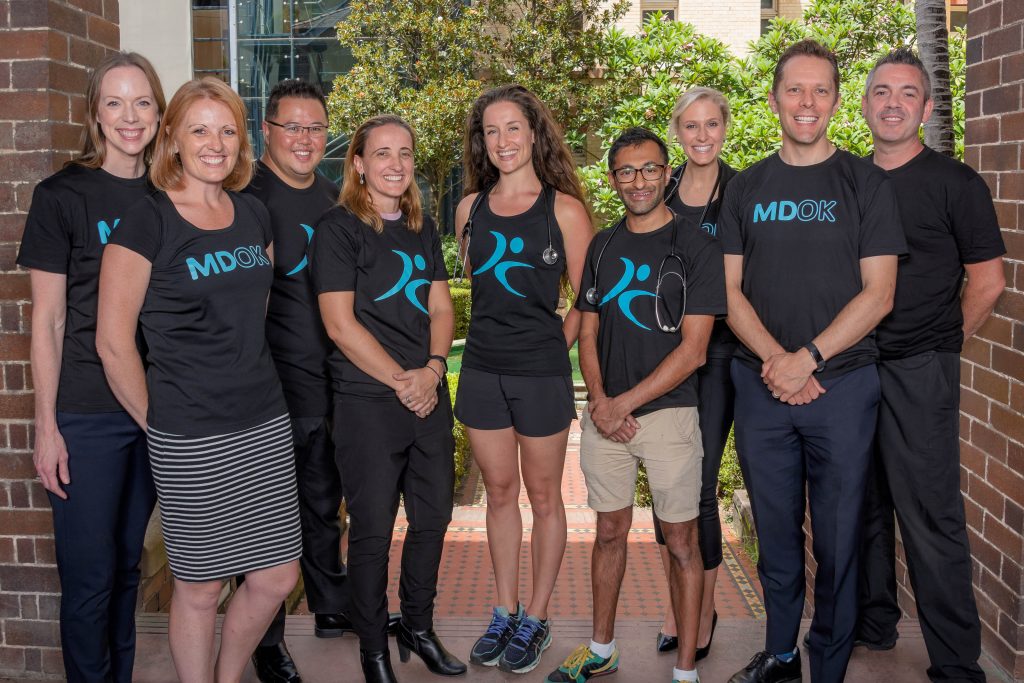
Dr Bethan Richards
Red tape, a lack of autonomy, inadequate leadership training and “siloing” are just some of the weighty issues leading to senior clinician burnout, according to Australia’s first ‘Chief Medical Wellness Officer’ Dr Bethan Richards.
Dr Richards, who leads Royal Prince Alfred’s rheumatology department, was appointed to the unique position for Sydney Local Health District in February this year after being the only Australian invited to Stanford University’s inaugural chief medical wellness course in California last year.
Now three months into the job, overseeing 14,000 people working across four hospitals, she feels a lot of progress has been made while admitting “it’s been very challenging”.
Her task is to help drive cultural and systemic change, reducing stress and burnout among both junior and senior doctors, driving a new program called MDOK, which has already begun rolling out.
“One of the first things we realised was there wasn’t a widespread understanding of the severity of (the problem) – that over 50% of our staff are currently suffering burnout levels,” she told the limbic. And much of that lack of recognition came from people in the eye of the storm.
“People at an individual level are very bad at recognising the symptoms of burnout,” she said. “There’s a lack of recognition of symptoms in themselves and in their colleagues”.
Even if a problem is identified, there was a tendency to ignore or cover it up and an ingrained sense that clinicians need to put everyone’s needs before their own.
According to Dr Richards, “every specialty has its own issues” and what adversely affects junior doctors is different to what impacts senior doctors or emergency staff.
“There is no one solution that’s going to fix all this and we need a very localised, individualised approach for each of the different areas,” she said.
“The broader issues we’re starting to hear from senior staff we’re dividing into areas of culture, the systems that are affecting their efficiency and ability to do their jobs, as well as personal resilience/self-care”.

Dr Richards with MDOK training team
One common issue across all specialties affecting practice efficiency was the lack of administrative support and the increasing burden of paperwork.